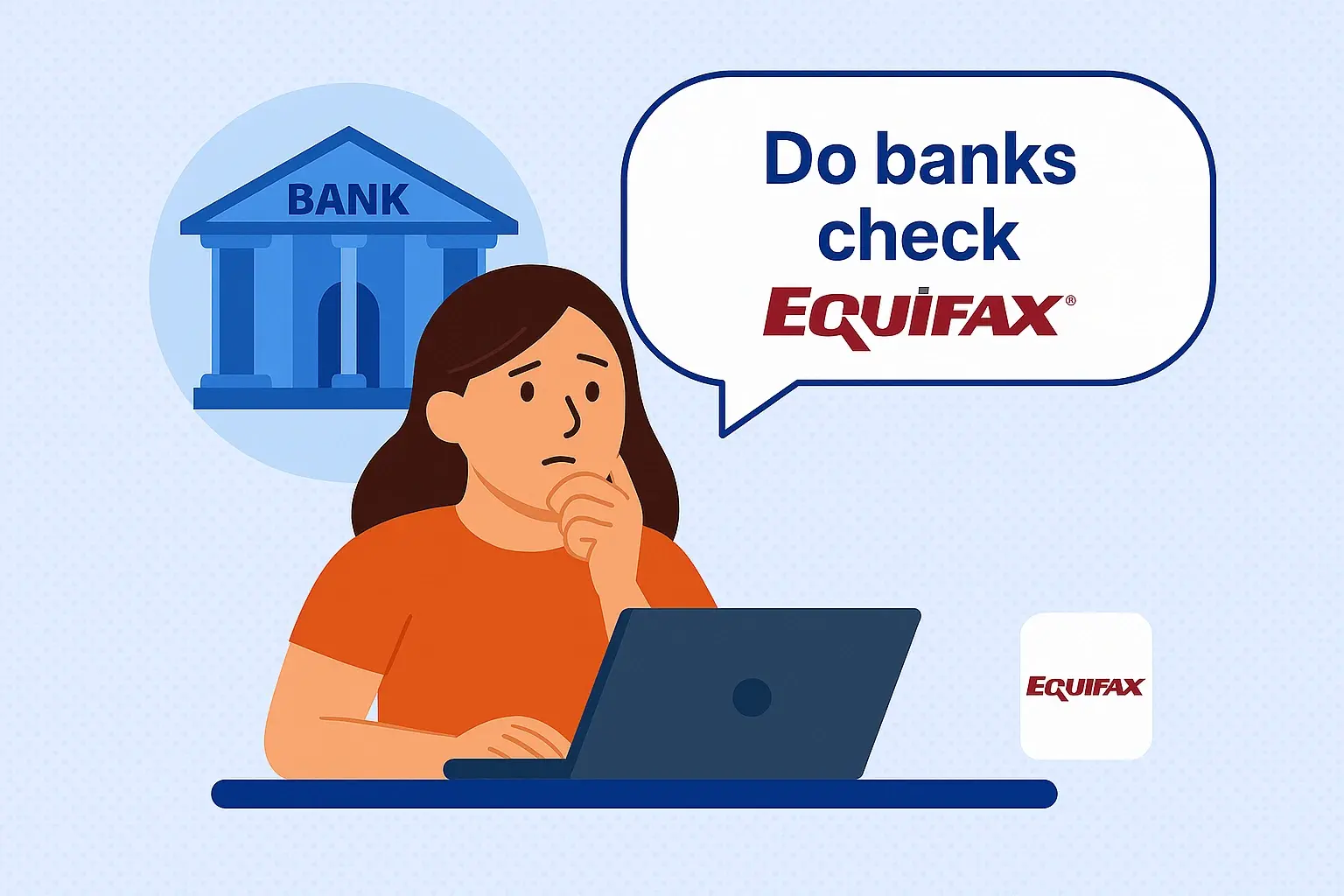-
Posted on: 24 Jul 2024

-
Losing a spouse is an incredibly difficult experience. Amidst the grief and emotional turmoil, dealing with financial matters can feel overwhelming. One common question that arises is whether it's necessary to remove a deceased spouse from bank accounts. The answer isn't always straightforward and depends on several factors, including the type of account, state laws, and the presence of a will or estate plan. This article provides a comprehensive guide to understanding the process, legal implications, and practical steps involved in managing bank accounts after the death of a spouse.
Understanding Jointly Owned Bank Accounts
The most common scenario involves jointly owned bank accounts. These accounts are typically held with rights of survivorship, which means that upon the death of one owner, the surviving owner automatically inherits the entire account. This avoids probate, the legal process of validating a will and distributing assets.
Rights of Survivorship
With rights of survivorship, the surviving spouse typically gains full control of the account immediately. While technically the deceased spouse's name is no longer valid on the account, the account doesn't cease to exist. The funds are still accessible to the surviving owner. However, to fully reflect the change in ownership, banks often require the surviving spouse to formally remove the deceased spouse's name from the account.
What Happens Without Rights of Survivorship?
If a jointly owned account lacks rights of survivorship, the deceased spouse's share of the account becomes part of their estate and is subject to probate. This means the surviving spouse may not have immediate access to those funds. The process of accessing the funds will involve the probate court and may take considerable time, depending on the complexity of the estate.
Bank Accounts in the Deceased Spouse's Name Only
If the bank account was solely in the deceased spouse's name, the situation is different. These accounts are considered part of the deceased's estate and are subject to probate, regardless of whether a will exists.
Probate Process and Access to Funds
The probate process involves:
- Filing a Petition: The executor (named in the will) or administrator (appointed by the court if there's no will) files a petition with the probate court.
- Notification of Heirs: The court notifies all heirs and beneficiaries of the probate proceedings.
- Inventory of Assets: The executor/administrator identifies and values all assets in the estate, including bank accounts.
- Payment of Debts and Taxes: The estate's debts and taxes are paid from the estate's assets.
- Distribution of Assets: Remaining assets are distributed to the heirs and beneficiaries according to the will or state law (if there's no will).
During probate, the executor/administrator will need to provide the bank with documentation, such as a death certificate and letters of testamentary (if there's a will) or letters of administration (if there's no will), to gain access to the account and eventually distribute the funds.
The Process of Removing a Deceased Spouse's Name
Regardless of the account type, there's a general process to follow when removing a deceased spouse's name from a bank account.
Required Documentation
Banks typically require the following documentation:
- Death Certificate: An official copy of the death certificate is essential.
- Identification: The surviving spouse will need to provide valid government-issued identification.
- Account Information: Details of the bank account, such as the account number.
- Affidavit of Survivorship (if applicable): Some banks may require an affidavit of survivorship, a sworn statement confirming the surviving spouse's right to the funds. This is common for jointly owned accounts with rights of survivorship.
- Letters of Testamentary or Administration (if applicable): If the account is part of the probate estate, the executor/administrator will need to provide these letters as proof of their authority.
Contacting the Bank
The first step is to contact the bank directly. Each bank has its own specific procedures and requirements. Calling the bank ahead of time can save you a trip and ensure you have all the necessary documentation. Ask about their specific forms and processes for removing a deceased account holder.
Completing Bank Forms
Banks will typically provide forms to be completed by the surviving spouse or the executor/administrator. These forms may include:
- Claim Form: To claim the funds in the account.
- Affidavit of Domicile: To establish the deceased's state of residence.
- Change of Ownership Form: To formally transfer the account ownership to the surviving spouse or the estate.
Transferring Funds or Closing the Account
Once the bank has processed the required documentation, the funds can be transferred to the surviving spouse's account (if the account was jointly owned with rights of survivorship) or to the estate's account (if the account is subject to probate). In some cases, the bank may require the account to be closed and a new account opened in the surviving spouse's name or the estate's name.
Potential Legal Ramifications of Not Removing the Deceased Spouse's Name
While in many cases, a surviving spouse has immediate access to jointly held accounts with rights of survivorship, formally removing the deceased spouse's name is crucial for several reasons.
Tax Implications
Failing to properly update account information can create confusion and complications when filing taxes. The IRS may require documentation to verify the ownership of the funds, and inconsistencies can trigger audits or delays in processing tax returns.
Estate Administration Issues
Even if the funds are readily available, leaving the deceased spouse's name on the account can complicate the estate administration process, especially if other assets are involved. It can create confusion about the total value of the estate and the distribution of assets to heirs and beneficiaries.
Potential for Fraud
Although rare, leaving the deceased spouse's name on an account opens the possibility of fraudulent activity. It's essential to safeguard the deceased's identity and financial information to prevent unauthorized access to the account.
Complications with Future Transactions
Keeping the deceased spouse's name on the account may cause issues with future transactions, especially if the surviving spouse needs to obtain loans or mortgages. Lenders may require clarification about the ownership of the funds, which can delay or complicate the loan application process.
State Laws and Regulations
State laws regarding inheritance and probate vary significantly. It's crucial to understand the laws in the deceased spouse's state of residence, as these laws will govern the distribution of assets and the probate process.
Community Property States
In community property states (Arizona, California, Idaho, Louisiana, Nevada, New Mexico, Texas, Washington, and Wisconsin), assets acquired during the marriage are generally owned equally by both spouses. Upon the death of one spouse, their half of the community property is subject to probate unless it's held in a joint account with rights of survivorship or through other estate planning mechanisms.
Separate Property States
In separate property states, assets acquired before the marriage or during the marriage by gift or inheritance are considered separate property. The disposition of separate property upon death is governed by the deceased spouse's will or state intestacy laws (if there's no will).
Small Estate Procedures
Many states offer simplified probate procedures for small estates. If the total value of the estate falls below a certain threshold, the probate process can be expedited, allowing the surviving spouse to access the funds more quickly. These procedures often involve filing an affidavit with the court and presenting it to the bank to claim the assets.
The Importance of Estate Planning
Proper estate planning can significantly simplify the process of managing bank accounts and other assets after the death of a spouse. An effective estate plan can help avoid probate, minimize taxes, and ensure that assets are distributed according to the deceased's wishes.
Wills
A will is a legal document that specifies how the deceased's assets should be distributed. While a will doesn't avoid probate entirely, it provides clear instructions for the executor/administrator and helps ensure that the assets are distributed according to the deceased's wishes.
Trusts
Trusts are legal arrangements that allow assets to be held and managed for the benefit of beneficiaries. Revocable living trusts are a popular estate planning tool that allows assets to be transferred outside of probate. Upon the death of the grantor (the person who created the trust), the assets held in the trust are distributed to the beneficiaries according to the trust's terms, avoiding the probate process.
Beneficiary Designations
Beneficiary designations allow individuals to name beneficiaries who will inherit specific assets, such as retirement accounts and life insurance policies. These assets pass directly to the beneficiaries outside of probate.
Joint Ownership
As discussed earlier, joint ownership with rights of survivorship allows assets to pass directly to the surviving owner without probate. However, it's essential to carefully consider the implications of joint ownership, as it can also have tax and estate planning consequences.
Seeking Professional Advice
Navigating the legal and financial complexities after the death of a spouse can be challenging. Consulting with an attorney specializing in estate planning and probate can provide invaluable guidance and ensure that the process is handled correctly. A financial advisor can also help with managing the inherited assets and developing a financial plan for the future.
When to Consult an Attorney
- When the estate is complex, involving significant assets or multiple beneficiaries.
- When there's no will or the will is unclear.
- When there are disputes among heirs or beneficiaries.
- When the estate is subject to estate taxes.
- When you are unsure of the legal requirements in your state.
When to Consult a Financial Advisor
- When you need help managing the inherited assets.
- When you want to develop a financial plan for the future.
- When you need advice on investing the inherited funds.
- When you want to minimize taxes on the inherited assets.











